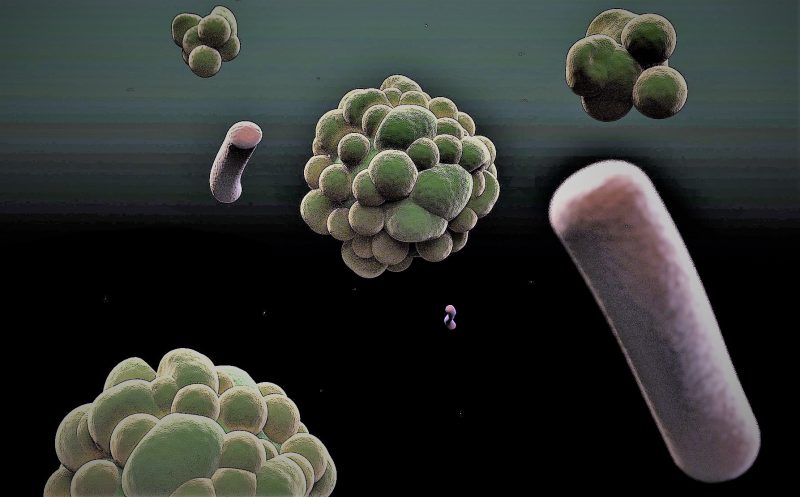The smart Trick of "Breaking Down Barriers: Overcoming Challenges in Implementing Effective Organic Waste Recycling Programs" That Nobody is Talking About

The Environmental Impact of Landfills: Checking out the Significance of Correctly Managing Organic Waste
Land fills are an vital component of rubbish monitoring devices around the world. They offer as designated regions for the disposal of various styles of rubbish, featuring home waste, building clutter, and commercial refuse. Nonetheless, dumping Look At This Piece to their effect on ecosystems and human health.
One certain part that adds to the environmental impact of disposal areas is the incorrect administration of organic refuse. All natural rubbish refers to naturally degradable components such as food items scraps, backyard edgings, and newspaper products. When these products end up in garbage dumps without suitable monitoring strategies in location, they go through anaerobic decomposition - a method that takes place in the absence of air.
Anaerobic putrefaction makes methane gas as a by-product. Methane is a powerful green house gas that adds to weather improvement by trapping warm in the environment. In reality, marsh gas has a worldwide warming possible 25 times greater than carbon dioxide over a 100-year time frame (according to the Intergovernmental Panel on Climate Change). Garbage dumps are one of the most extensive human-made sources of marsh gas discharges around the globe.
Beyond its task in climate change, methane also postures instant wellness threats when released into the setting. It is very flammable and may lead to blasts if not properly took care of. Also, exposure to high amounts of marsh gas can induce asphyxiation and other respiratory concerns among dumping ground laborers and close-by areas.

To reduce these ecological and health and wellness threats linked along with organic refuse in disposal areas, it is essential to focus on appropriate monitoring methods. One effective method is through recycling and composting effort that draw away natural refuse away from landfills.
Composting recommends to the controlled decay of natural concern right into nutrient-rich soil changes phoned garden compost. By executing composting programs at both residential and office levels, valuable nutrients may be returned back to the dirt while lowering garbage dump volumes.
In add-on to composting project, anaerobic digestion may additionally be made use of to manage all natural rubbish. This process involves the failure of all natural issue in the lack of air, generating biogas that can easily be used as a replenishable energy source. Anaerobic digestion not just lowers marsh gas emissions but likewise creates well-maintained energy, adding to a even more sustainable waste administration body.
Additionally, minimizing meals misuse at the resource is one more important step in correctly taking care of all natural rubbish. Food items refuse is a considerable factor to disposal areas and accounts for a sizable portion of marsh gas discharges. By executing methods such as boosted meals storage, stock administration, and consumer learning on lessening food refuse, we may minimize the amount of natural misuse ending up in disposal areas.
Properly handling organic refuse not merely aids minimize environment adjustment and lower methane discharges but also uses economic benefits. The production of garden compost and biogas from organic waste makes job opportunities and sustains nearby economic climates. In addition, diverting organic refuse coming from dumping grounds stretches their life expectancy and decreases the demand for brand new land fill web sites.
In conclusion, the ecological impact of dumping grounds can be considerably decreased by correctly handling organic waste. By carrying out recycling and composting project, taking advantage of anaerobic digestion procedures, and minimizing food waste at its source, we can easily mitigate weather improvement impacts linked with marsh gas emissions while producing financial chances. It is necessary for people, communities, federal governments, and sectors to team up in adopting lasting strategies that prioritize the proper monitoring of organic misuse for a cleaner and far healthier atmosphere for potential generations.
